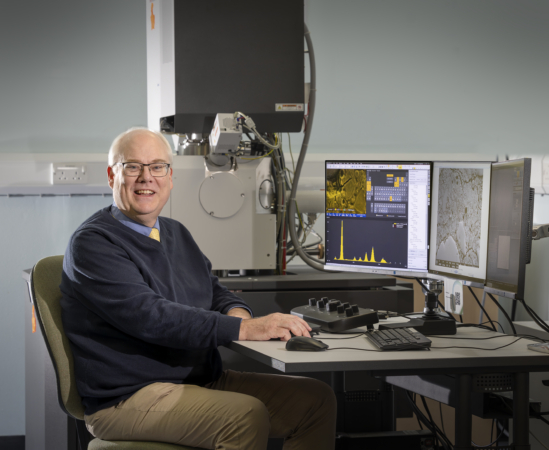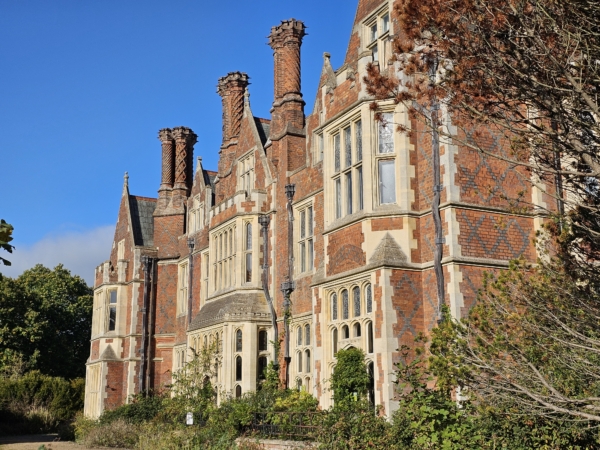AWE Chief Scientist Short Project Scheme contributes to AWE’s mission
Four inspirational science undergraduates from University College London (UCL) recently presented their work in support of AWE’s mission – as part of the Chief Scientist Short Project Scheme 2024.
Introduced in 2019, the Chief Scientist Short Project Scheme is an acclaimed annual event between AWE and UCL, where four UCL undergraduates are selected to participate in 10-week long mutually beneficial STEM research projects.
The scheme offers a cost-effective research stream to support a range of disciplines including MAS, Nuclear Threat Reduction (NTR), Warhead Engineering, and Physics.
The UCL students who were chosen to take part in the scheme were Maximillian, Sonja, Jaivin, and Louie.
Louie’s work involved the study and utilisation of tantalum thin films, a material with a high melting point that provides excellent electrical and thermal properties.
Sonja’s project examined metal phosphates and predictive analysis of high temperature regimes that support better understanding of structural properties of materials.
Maximillian’s research centred on the decomposition and corrosion of an inorganic compound, to determine various chemical characteristics in the ageing of materials.
Jaivin’s work focussed on the use of machine learning and how the approach can be potentially applied in understanding the behaviours of polymers.
AWE Chief Scientist, Rob Lock, said: “Since its inception, the Chief Scientist Short Project Scheme has continually delivered high-quality research that directly contributes to AWE’s deterrence mission. I am incredibly proud to hear about the work undertaken by the UCL students and their enthusiasm and passion for science. I’d like to congratulate the students and thank UCL for delivering such a high standard of work that AWE will value very much.”



